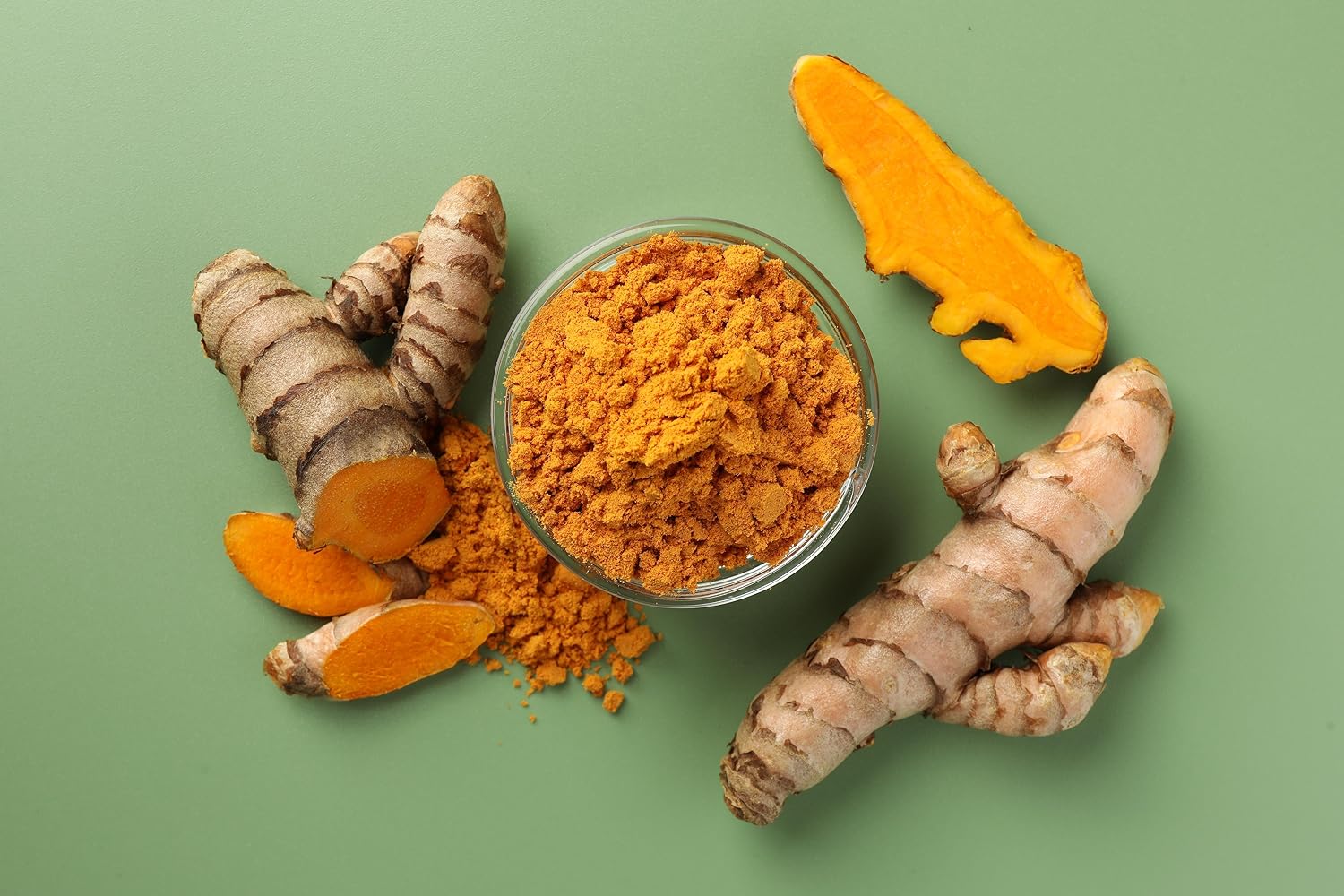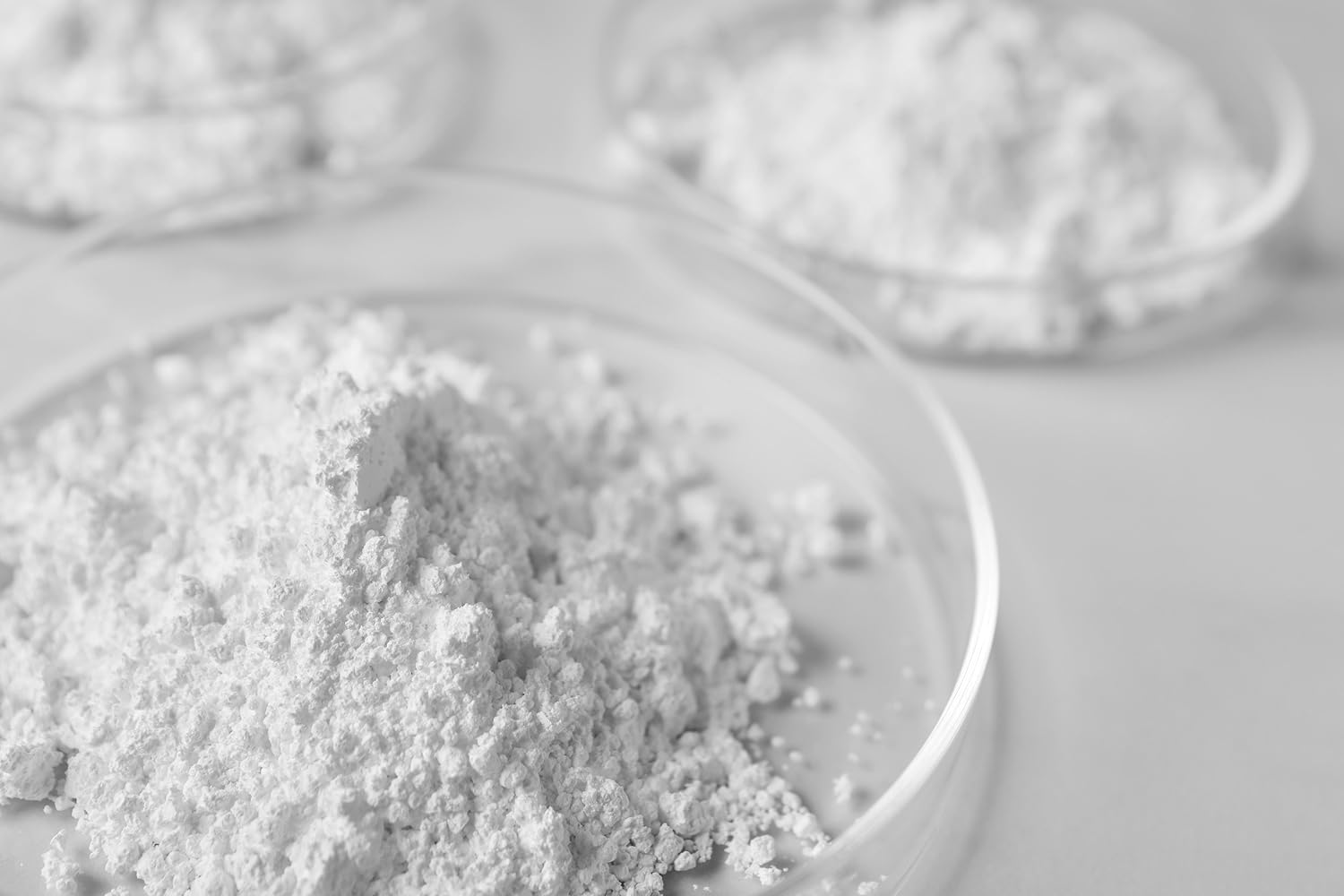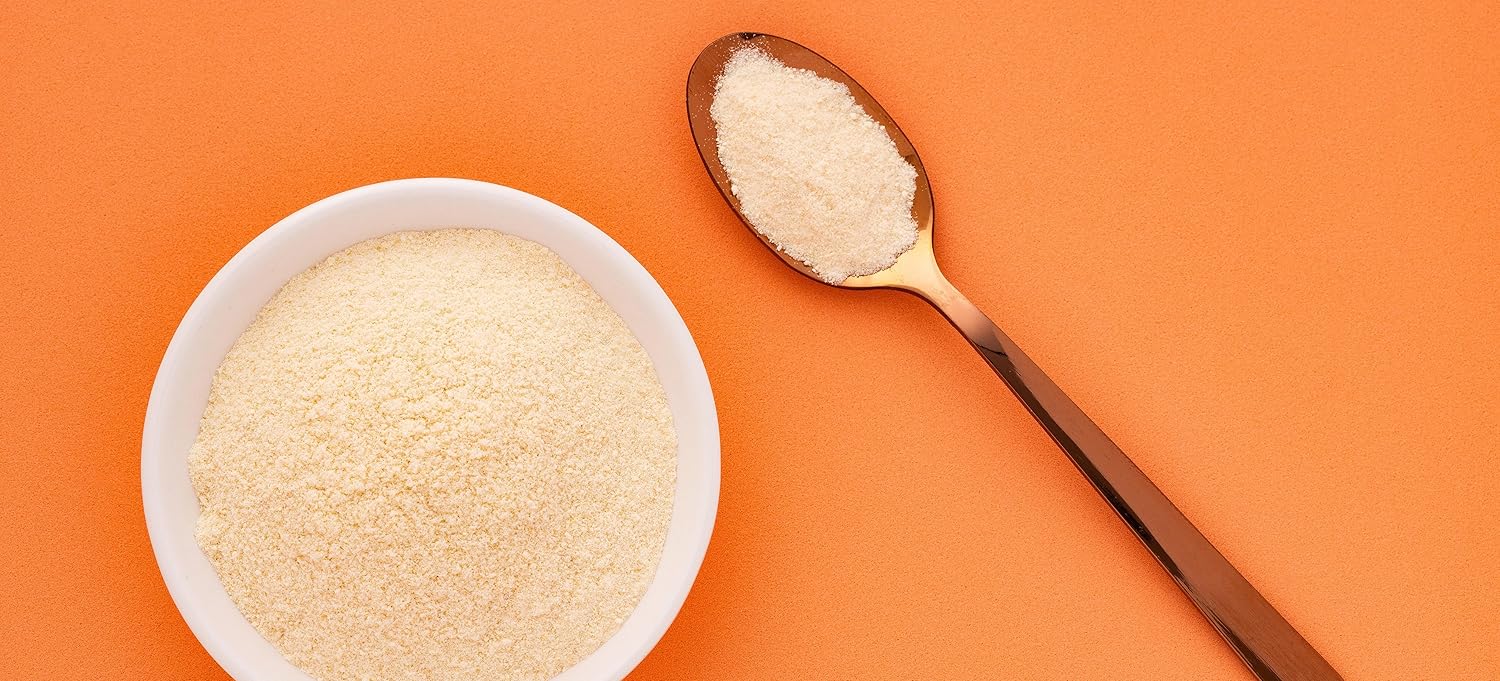Why Standardisation Ensures Quality
Standardisation ensures that each dose of a supplement contains a consistent amount of the active compound, providing reliable and predictable results. It’s a key factor in determining the quality and potency of a supplement.

What is Standardisation? And Why It Matters:
• Standardisation means that an ingredient, like a plant extract, has been processed to ensure it contains a specific amount of the active compound. For example, a turmeric extract standardised to 95% curcuminoids guarantees that 95% of the extract is made up of curcuminoids, the active component responsible for its health benefits.
• Without standardisation, the potency of ingredients can vary significantly. One batch might contain more of the active compound, while another has much less, leading to inconsistent results. Standardisation ensures that you’re getting the same level of potency in every dose.

Non-Standardised Products:
Non-standardised ingredients, such as raw powders, don’t guarantee a consistent amount of the active compound. For example, raw turmeric powder can vary in its curcumin content, which makes it difficult to know how much of the active ingredient you’re actually getting.
When Labels Don’t Tell the Whole Story

Non-Standardised Claims
Be cautious of supplements that list an ingredient without indicating whether it’s standardised. These products might not contain the reliable, potent doses you’re expecting.

Misleading Labeling
Some products might mention an impressive amount of an ingredient without clarifying whether it’s a standardised extract or raw powder. Always check for standardisation to ensure you’re getting a consistent dose of the active compound.

Imagine you’re comparing two joint care supplements, both containing turmeric for its anti-inflammatory benefits. The first product lists “Turmeric Extract (95% curcuminoids) 100 mg,” while the second simply states “Turmeric 200 mg.”
At first glance, the second product might seem more potent with its higher number, but without any mention of standardisation, you can’t be sure how much of the active curcuminoids it actually contains. The first product, on the other hand, specifies that it’s standardised to 95% curcuminoids, meaning you’re getting a consistent amount of the active compound in every dose. While the second product might contain a higher total amount of turmeric, its effectiveness is uncertain.


Look for Standardised Ingredients
Always choose supplements that specify the standardisation of key ingredients, as this ensures you’re getting a consistent dose of the active compound.

Avoid Non-Standardised Powders
Non-standardised powders can vary widely in their potency, leaving you unsure of the amount of active compound in each dose.

Experience Beauty with Precision
With BeautyGuard+, you’re getting a complete beauty formula crafted with standardised ingredients like Bamboo Extract (75% Silica) and Green Tea Extract (95% Polyphenols, 70% Catechins, 45% EGCG). Our formula ensures consistent potency and reliable results, supporting your hair, skin, and nails with 14 scientifically backed active ingredients. Discover how BeautyGuard+ can enhance your natural beauty today.

Mystery Mixes: Why Transparency Matters
Now that you know why standardisation ensures consistent potency, let’s explore how some products use proprietary blends, or ‘mystery mixes,’ to hide the true amounts of key ingredients.
